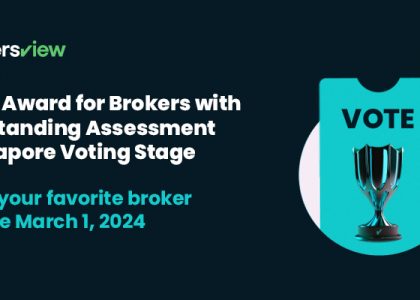About a week after online trading major Interactive Brokers reiterated its opposition to claims that it aided a Ponzi scheme, the Court has sided with the broker and has granted its motion to dismiss the case.
In this case, Benjamin Chang sues Interactive Brokers on behalf of himself, and other victims of a Ponzi scheme devised by Haena Park and conducted on Interactive Brokers LLCs trading platform. Chang alleges that IBKR aided and abetted Park in facilitating her fraudulent scheme and breaching her fiduciary duties to her investors, resulting in the loss of over $14 million of investor contributions.
IBKR moved to dismiss this complaint on the grounds that Chang‘s claims are time-barred and do not sufficiently plead IBKR’s knowledge of Parks scheme.
On November 24, 2021, Judge Nathanael M. Cousins of the California Northern District Court signed an order granting IBKRs motion to dismiss.
The Judge noted that Chang provides a bullet point list of the “factual allegations supporting IBKRs actual knowledge,” but the Court disagreed with the conclusion Chang draws from the list.
The allegations that address IBKR‘s actual knowledge–IBKR knew that Park’s account was incurring staggering losses, IBKR knew that Park continued to make enormous deposits, IBKR knew that Park had withdrawn $1.5 million in cash–do not demonstrate IBKR‘s actual knowledge of the primary violations of fraud or breach of fiduciary duty. And the allegations that speak to the primary violations–IBKR knew that Park was trading investor money, IBKR knew that investor money was improperly comingled with Park’s personal funds–require the Court to jump to unsupported conclusions.
The Court concluded that, in the end, even viewing the allegations in the light most favorable to Chang, the complaint fails to allege that IBKR actually knew that Park was committing fraud and breaching her fiduciary duties. Thus, the claims for aiding and abetting fraud and breach of fiduciary duty were dismissed.
Regarding the timing of claims, the Court noted that when applying the three-year statutes of limitations starting November 2016, the aiding and abetting claims are time-barred. Accordingly, the Court dismissed these claims.
Chang must file a first amended complaint or notify the Court that he does not wish to amend by December 23, 2021.




